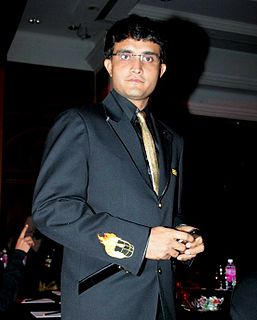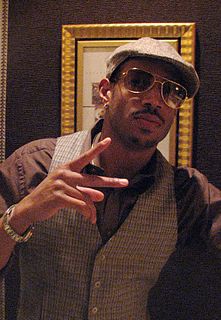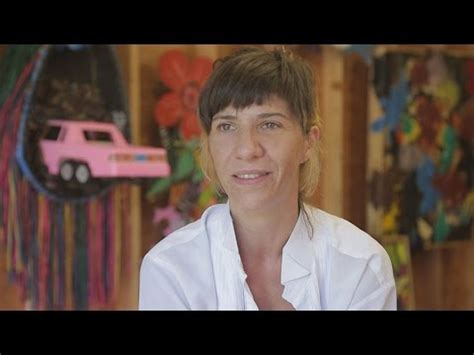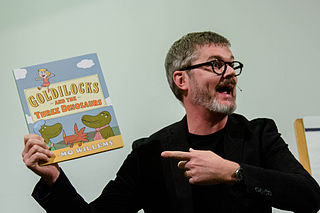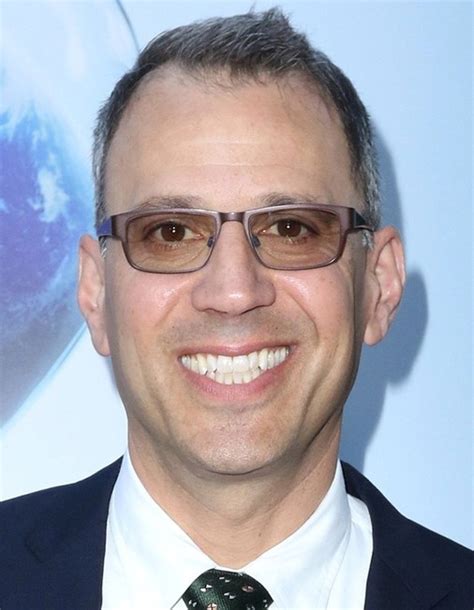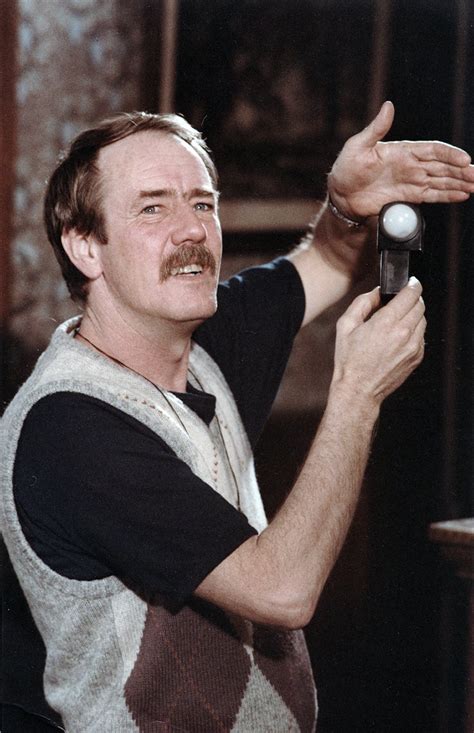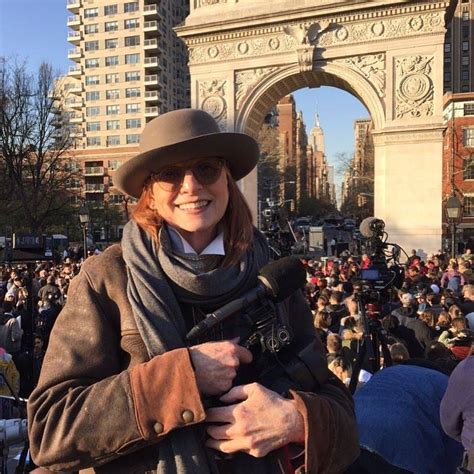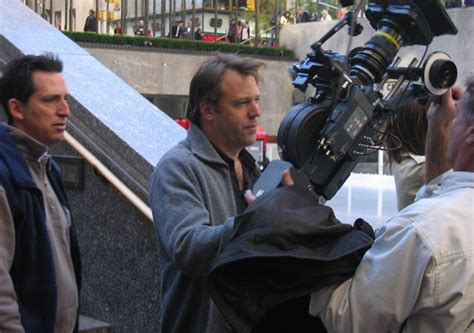A Quote by Maryse Alberti
As important as it is to learn the techniques of cinematography, you also have to learn how to deal with the movie set, with show business. I came up with a cinematographer who is very talented, but she was never quite able to handle everything else you have to do - dealing with the producer and the crew and the time frame that you have to follow.
Related Quotes
You start to learn that democracies don't work when it comes to artistic expression. You learn that if you don't handle your business, someone else is going to handle it and be sneaky about it, and put an extra dollar in their pocket. You learn all sorts of things you take to your next relationship. You're constantly learning about what you don't want to do, first and foremost, which leads you to what you do want to do.
You learn timing on the road. You learn structure and how to read an audience. You learn so much about the business of laughter that you can't learn on a set, because it's all on you. Sometimes you bomb, and you know not to tell that joke again... You just hope people find the humor in the awkwardness.
To be a successful coach you should be and look prepared. You must be a man of integrity. Never break your word. Don't have two sets of standards. Remember you don't handle players-you handle pets. You deal with players. Stand up for your players. Show them you care-on and off the court. Very important-it's not 'how' or 'what' you say but what they absorb.
You can learn technological things, you can learn about specific things, but the real problems that people deal with in any subject, existential subjects or romantic subjects, you never learn anything. So you make a fool of yourself when you're 20, you make a fool of yourself at 40, at 60 at 80. The ancient Greeks were dealing with these problems. They screwed up all the time. People do now.
I was surfing the Internet, and I came across a school in Atlanta where you could learn how to climb trees with ropes the way the pros do. It sounded terrific, and so I went down there, and I began to learn these kind of rarified techniques for how you get up and down trees while using special ropes and gear.
The reason you go to university is to be taught, is to learn how to think more clearly, to call into question the ideas that you came with and think about whether or not they are the ideas you will always want to hold. A university education at its best is a time of confusion and questioning, a time to learn how to think clearly about the values and principles that guide one's life. Of course, it's also a time to acquire the skills needed for jobs in the "real world," but the part about becoming an adult with ideals and integrity is also important.
I've tried, at every step in life, to find a lesson. And accepting criticism with the same grace that you do the applause is something every young athlete needs to learn. ... I think it served me well to learn how to handle everything that came with the game's ups and downs. Some people call it growing another layer of skin. I just call it growing up.
To me, the newspaper business was a way to learn about life and how things worked in the real world and how people spoke. You learn all the skills - you learn to listen, you learn to take notes - everything you use later as a novelist was valuable training in the newspaper world. But I always wanted to write novels.
I also learn a lot about everybody else's process. People create in different ways, so that has opened me up to different processes and experimenting. Laurie Keller is a character person, so she came to the project with these blades-of-grass characters that we were able to literally grow a story around.

